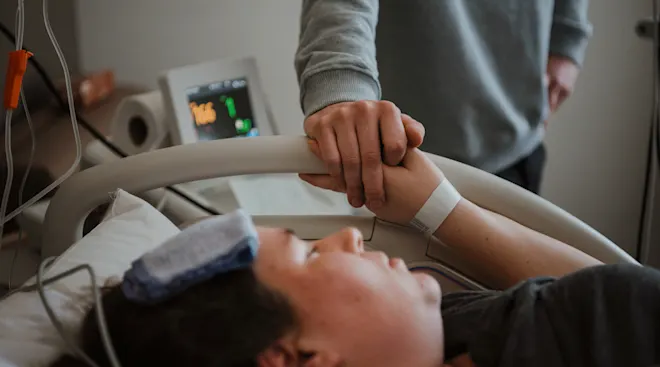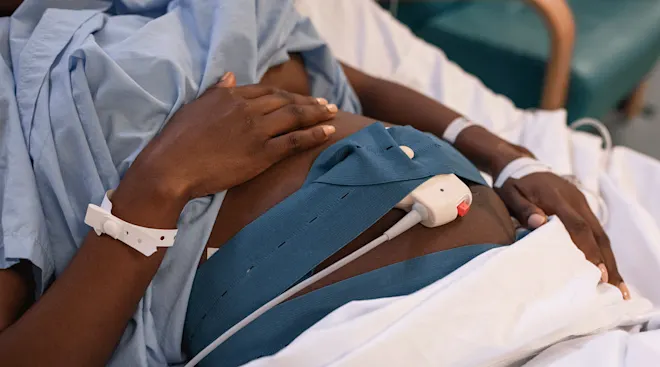Study: Chewing Sugar-Free Gum Might Help Reduce Risk of Preterm Births
Chewing sugar-free gum may help reduce the risk of preterm births, one new study is concluding.
The study was conducted in Malawi, a country in East Africa, and focused on the Lilongwe region. This region has one of the highest preterm birth rates in the world, at an approximate 19.3 percent. While poor oral health isn’t the sole factor in preterm birth, the new findings show a strong correlation between the two.
The study looked at data from 10,000 women in the Lilongwe region before pregnancy and during early pregnancy. It found that pregnant women who chewed sugar-free gum twice a day had a 25 percent lower risk of preterm birth. According to the findings, 12.6 percent of the women who chewed sugar-free didn’t have preterm births, which researchers say is a 24 percent decrease compared to the women who didn’t chew the gum. What’s more, these women were also found to have better oral health overall, with decreased instances of periodontal disease. The study believes this is because sugar-free gum uses xylitol, a substitute for sugar, which can lower oral bacteria, cavities and inflammation.
“The findings are very encouraging,” Kim Boggess, a maternal-fetal medicine specialist at the University of North Carolina School of Medicine in Chapel Hill, told Science News. “[The researchers] are approaching a very complex problem in a low-resource area by trying to use a low-tech, easily applicable intervention.” (Boggess was not involved with the study.)
The new findings are part of a larger, decade-long project. While previous research has found a link between oral health and pregnancy, the researchers want to explore further. Next, they want to find out if the chewing gum makes a difference in the neurodevelopment of kids born early and on time. “No matter how cost-effective an intervention may be, we still want to make sure you’re making a difference in somebody’s life,” Kjersti Aagaard, a researcher in the study and maternal-fetal medicine specialist at the Baylor College of Medicine and Texas Children’s Hospital in Houston, told the outlet. “The ultimate outcome is how do those kiddos do.”
It’s important to note the study focuses on Malawi, where medical teams are looking for applicable and cost-effective solutions, and may not be as applicable to other countries, like the United States. Still, the link between the two is interesting and worth keeping an eye on as researchers uncover more.
Please note: The Bump and the materials and information it contains are not intended to, and do not constitute, medical or other health advice or diagnosis and should not be used as such. You should always consult with a qualified physician or health professional about your specific circumstances.
Navigate forward to interact with the calendar and select a date. Press the question mark key to get the keyboard shortcuts for changing dates.
Advertisement
Advertisement





















































